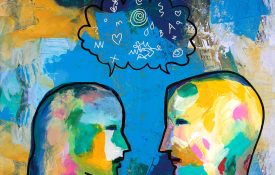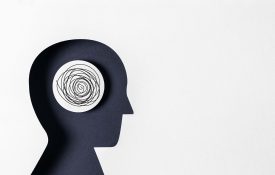-

Empirical Evidence Is My Love Language
Teaching: The idea of love languages has become hugely popular and the term itself is pervasive in popular culture. This article provides teaching materials to encourage students to think critically about psychological science and popular self-help advice.
-

Multilab Replication Challenges Long-held Theories on Cognitive Dissonance
One of the foremost models that scientists use to measure the effects of cognitive dissonance may have some deficiencies, a new multilab registered replication indicates.
-

How Many Peer-Reviewed Articles Do You Need to Earn Tenure?
Developmental psychologist James Byrnes explores updated norms, historical trends, and strategies of successful candidates for publishing peer-reviewed articles.
-
Identifying Talent in Business, Sports, and Education
A new paper published in Frontiers in Psychology: Performance Science led by Andy Parra-Martinez at the University of Arkansas “describes the general status, trends, and evolution of research on talent identification across multiple fields globally over the last 80 years,” by drawing from the Scopus and Web of Science databases and conducting a bibliometric analysis of 2,502 documents. Bibliometric analysis is a way of understanding the structure and citation patterns of research around a given topic, in this case, talent identification research. ...
-
The Remarkable Power of Holding Hands With Someone You Love
Q: I’m curious why humans hold hands. Is there a biological reason it’s such a common part of relationships across so many cultures? A: Holding hands exerts striking effects on our emotional state, especially when it’s with a romantic partner: It can help lower blood pressure, reduce pain and buffer stressful experiences. A 2021 experiment confirmed the soothing effect of holding a spouse’s hand while watching scenes from horror films such as “I Know What You Did Last Summer.” The simple gesture can limit the impact stress has on our autonomic nervous system, which regulates unconscious bodily functions such as pupil dilation.
-

We All Love to Be Loved, But Women May Experience Love More Frequently than Men
Conventional wisdom holds that men and women approach romance differently. But new research suggests that love is important for well-being regardless of gender—and the differences that do exist may hint at the evolutionary basis of love.


